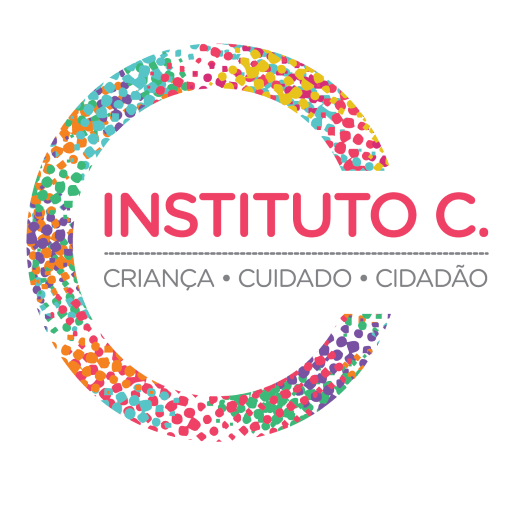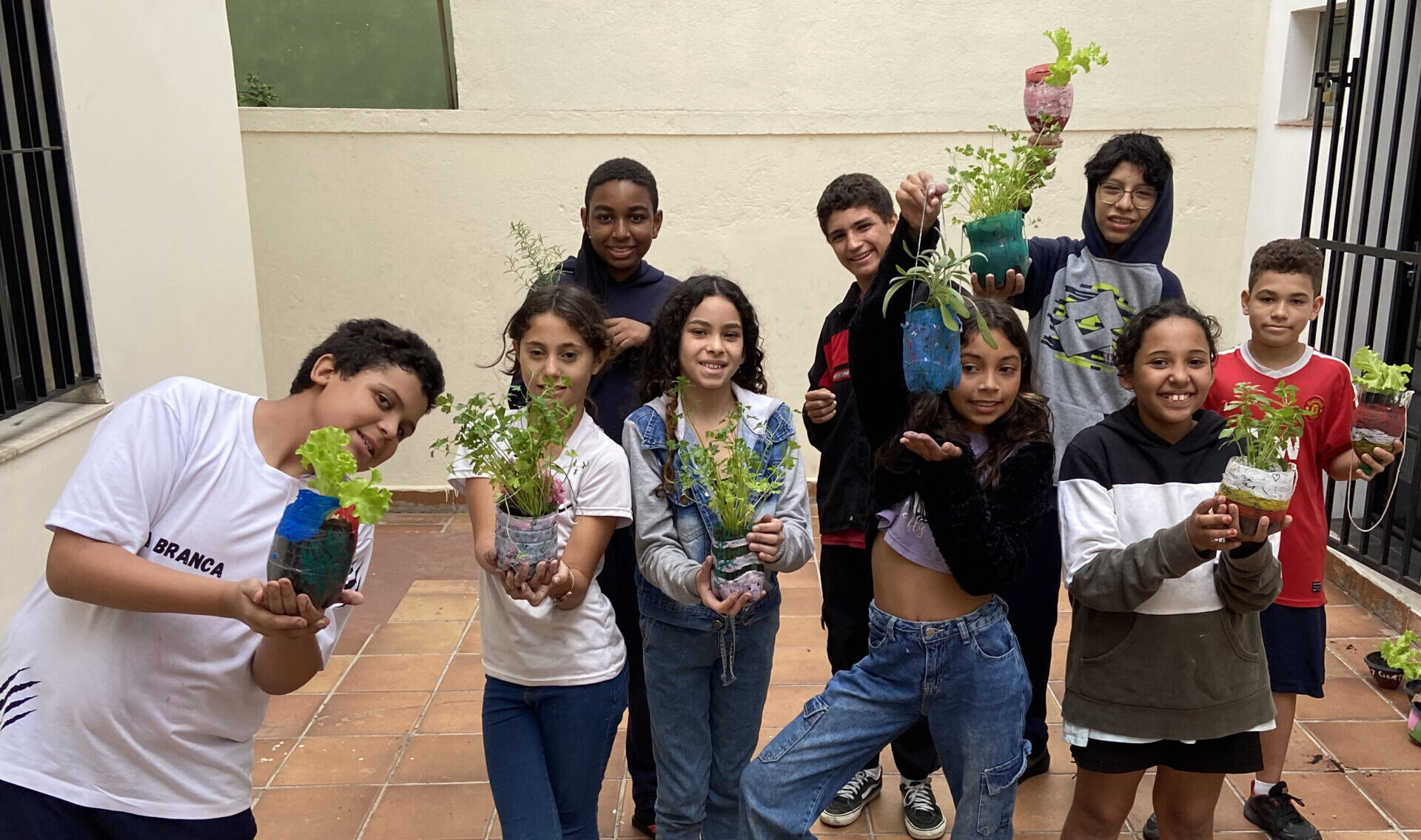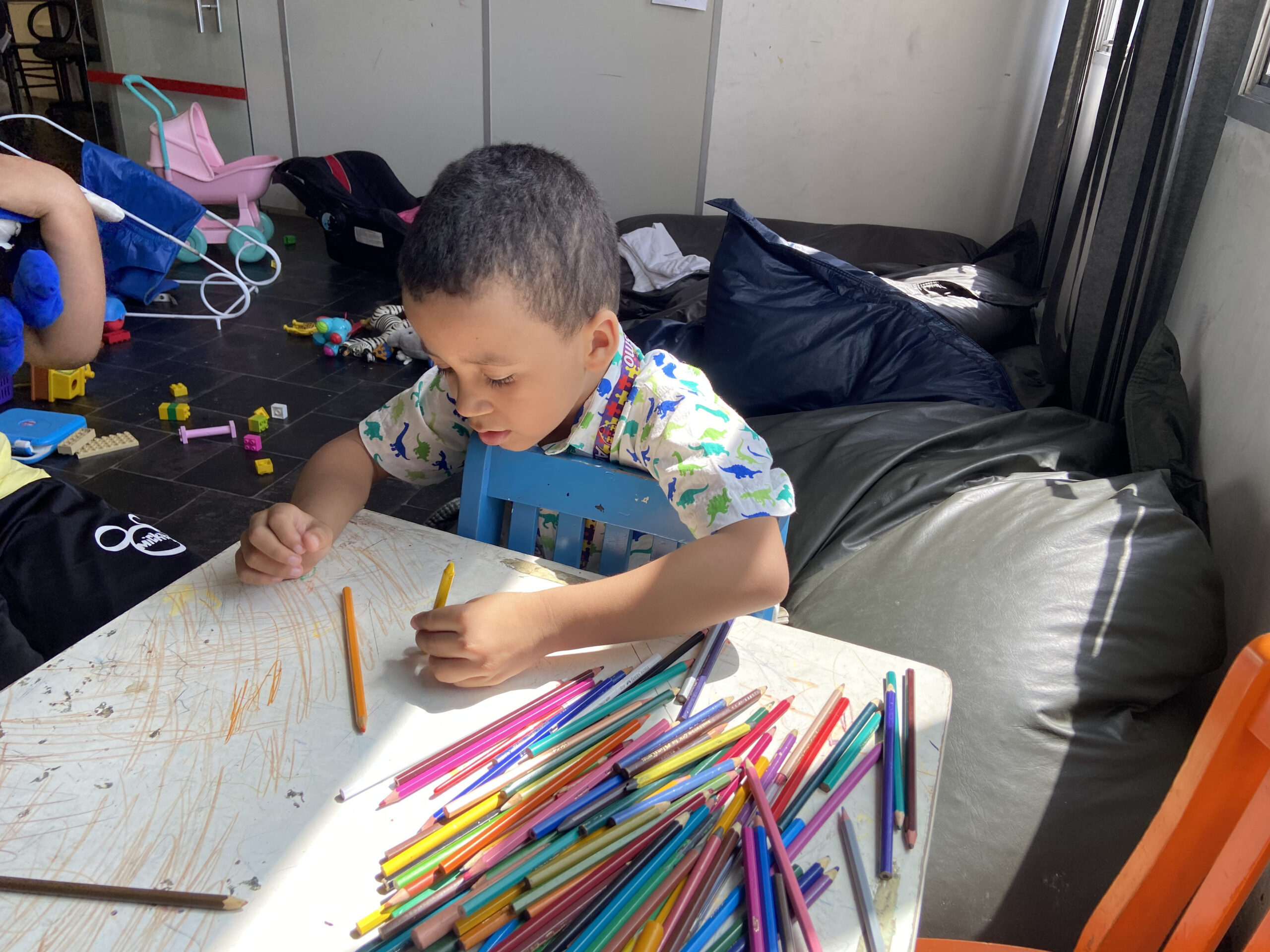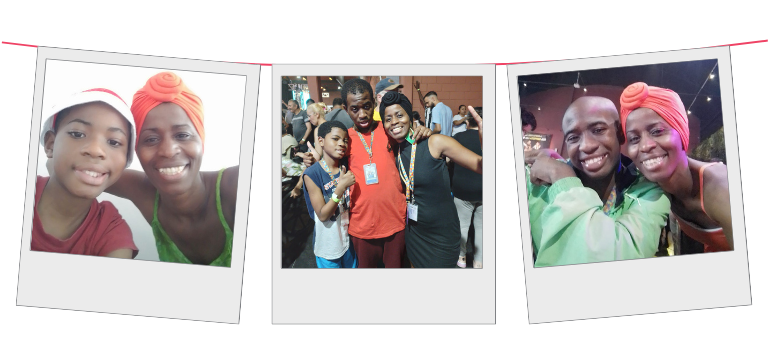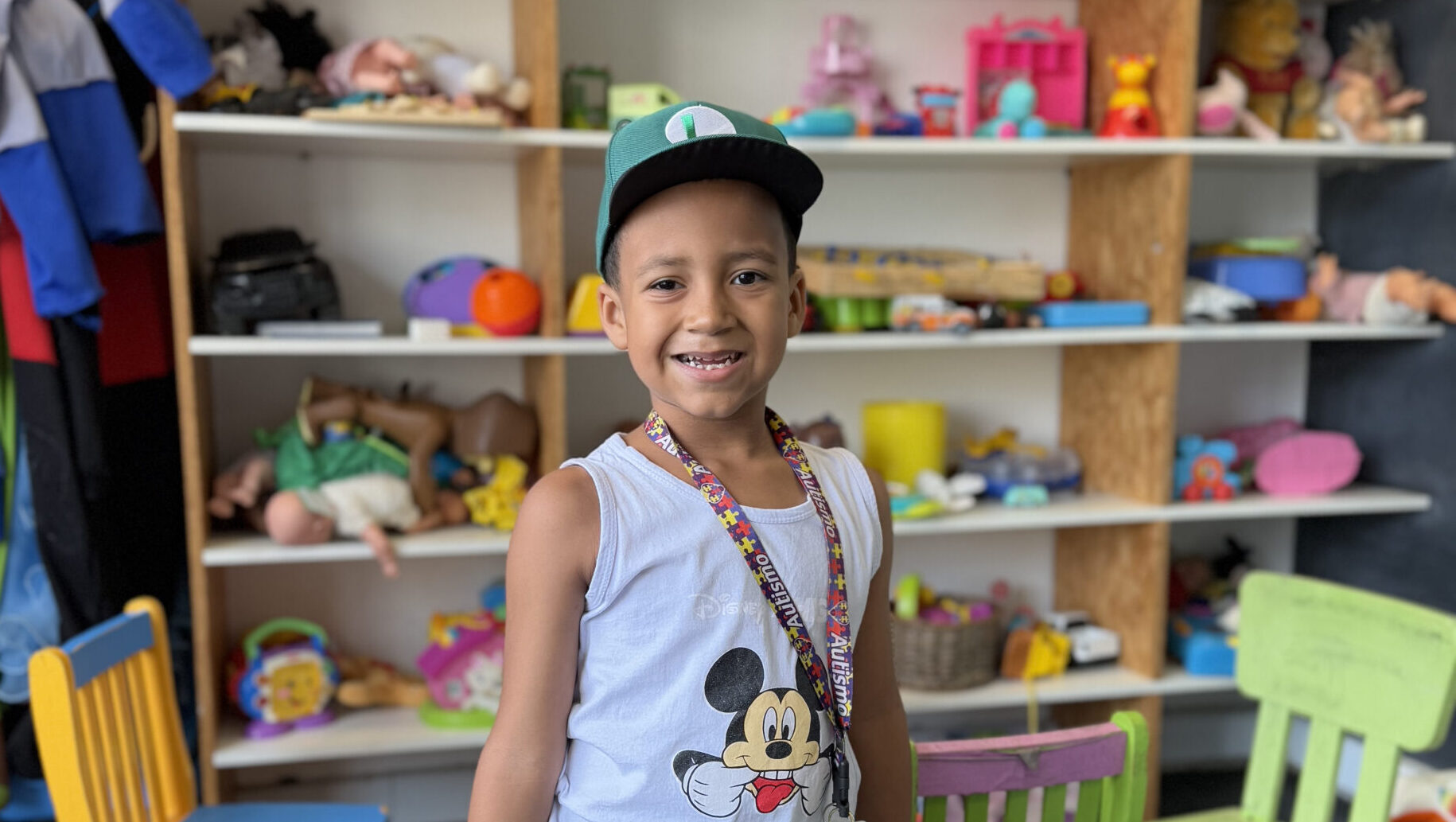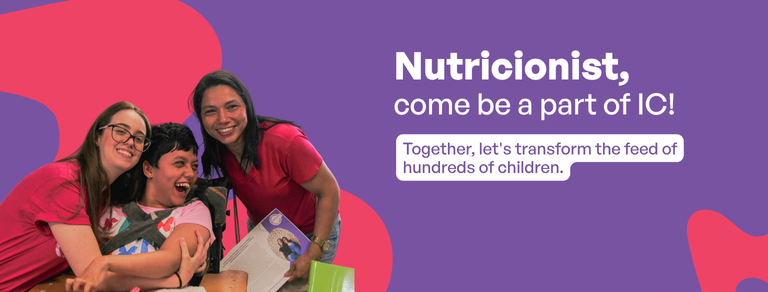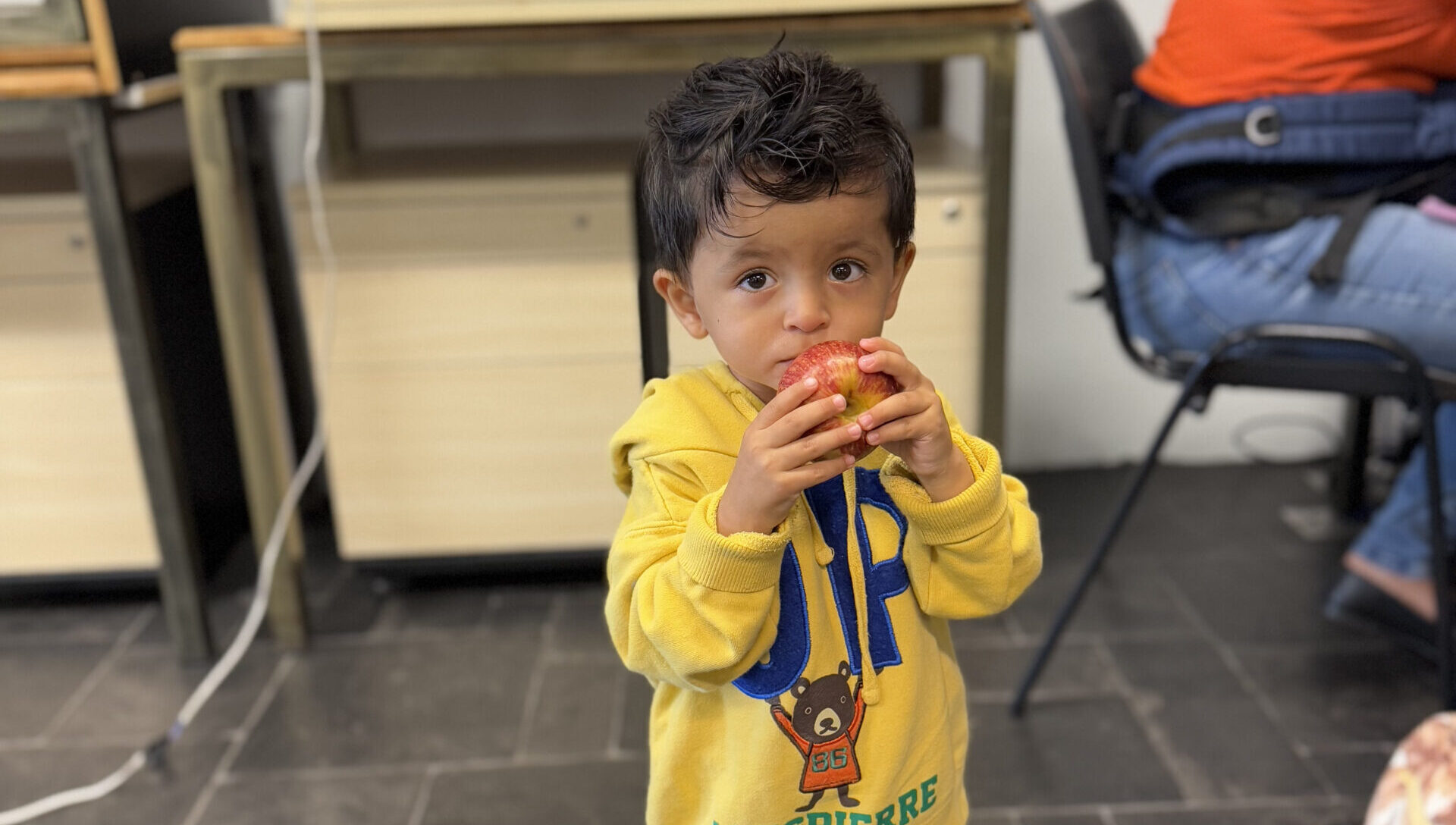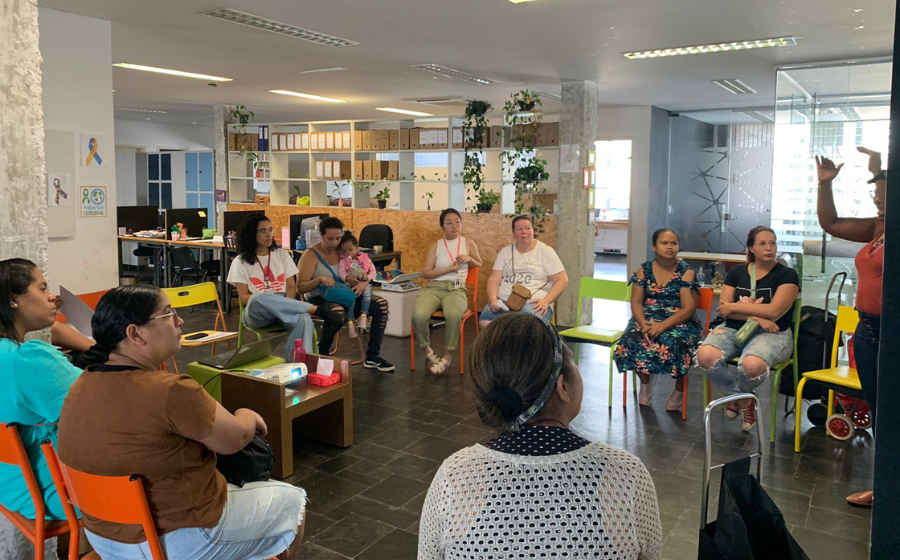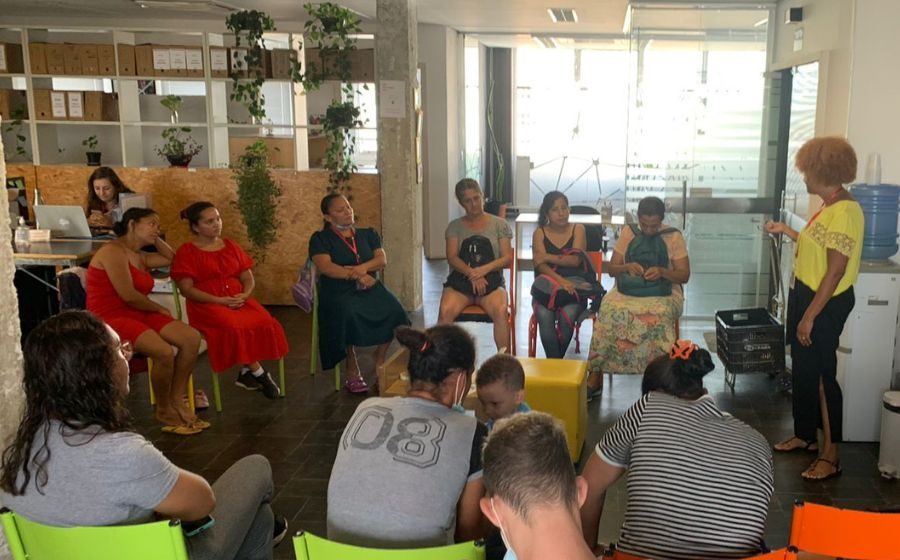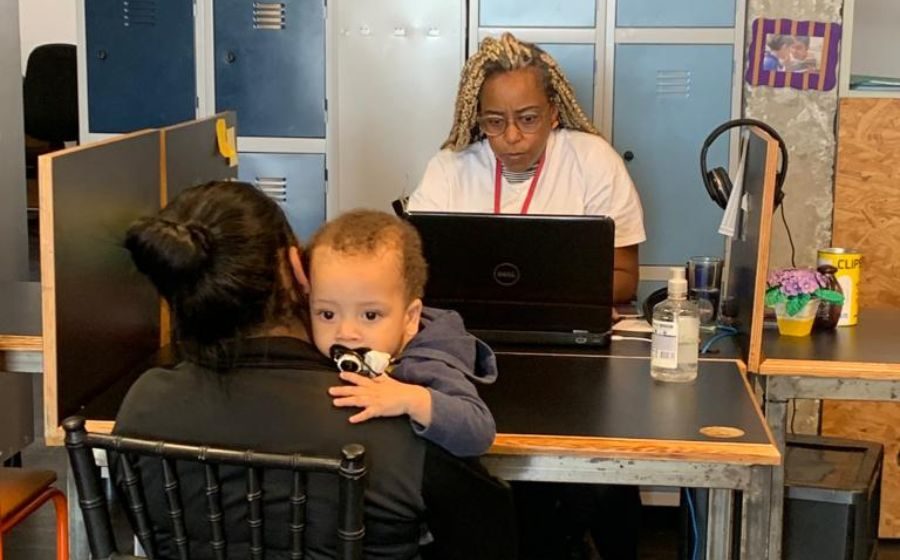Black Women’s July: Shall We Talk About Public Policies for Black Women?
More than just a commemorative date, the month of July highlights the strength of Black women and the urgent need to include them in spaces of recognition. “Julho das Pretas” (Black Women’s July) is an initiative by Instituto Odara, launched in 2013 to amplify the issues that surround the month of July, particularly the International Day of Black, Latin American, and Caribbean Women on July 25th.
“This date was established by the UN to reinforce and value the struggle and resistance of Black women in the region. It is also the Day of the Black Brazilian Woman and the day we celebrate Tereza de Benguela, a symbol of quilombola resistance for our survival,” explains Marina Fanciulli, a human rights specialist and advisor at Instituto C.
Julho das Pretas aims to strengthen Black women’s causes beyond just a commemorative date. This year, it also serves to prepare for the 2nd National March of Black Women, set to take place in November. At Instituto C, most of the families we support are headed by Black women, which is why we recognize the importance of discussing public policies and decision-making spaces where they need to be present.
The Fight for Public Policies
Black women have fought for years to have a voice in political decisions that directly affect their lives. Political awareness is one of the most powerful tools to guarantee their rights as citizens. Collective movements play a crucial role in advancing this process—like Mulheres Negras Decidem (Black Women Decide), which aims to empower women through political engagement.
Tainah Pereira, a PhD candidate in international political economy and a member of the collective, emphasizes the importance of knowing how to talk about politics with women from different backgrounds. “Often, these women aren’t resistant to talking about gender and race issues. What exists is a lack of familiarity with the terms we use or a different understanding of what should or shouldn’t be a priority,” she explains.
At Instituto C, we also believe that dialogue is the best way to guide families toward rights awareness and advocacy. That’s why we hold themed support groups to address these topics. “We host discussion circles with children and adults, reminding them how important it is to teach, from an early age, what their rights are, what their responsibilities are, what’s not just a joke, what constitutes an offense, and how to deal with it,” says Suellen Claudino, psychologist at Instituto C.
As a Black woman herself, Suellen approaches these discussions with special care and reflects on the moments of exchange she has with the women she supports. “I think it’s very powerful to witness the expression on women’s faces as they arrive. They share their concerns, and often what they’ve come to accept as normal is far from it. Being a bridge for change is incredible,” she says.
Representation in All Spaces
Although Black women make up the largest demographic group in Brazil, accounting for 28% of the population, they remain underrepresented in decision-making spaces. True representation is still far from reality. Black women also face the lowest access to formal employment and income generation opportunities to support their families. They also make up the majority of single mothers, as our advisor Marina reminds us.
Despite slow progress, we’re seeing some advancements in politics with Black women gaining visibility, like congresswoman Érika Hilton. Tainah from Mulheres Negras Decidem believes that while the number of representatives hasn’t increased dramatically, the quality of representation has improved significantly: “Quantitatively, progress has been modest, but qualitatively, we’ve seen a radical transformation.”
Representation isn’t only important in politics—it’s also necessary in spaces of care and support for Black women. Suellen reflects on her experience working as a trusted figure for these women and says she witnesses the impact of her role firsthand.
“They experience multiple forms of violence, especially social exclusion. Today, I understand my role goes beyond direct support. Often, it involves encouraging reflection, strengthening networks, or presenting available services.”
Instituto C as a Support Network
Suellen, a psychologist at Instituto C, works at the North Zone branch—where she also lives—and supports families from nearby neighborhoods. With this close contact, she sees herself as someone responsible for sharing important information with the mothers they assist. “As a Black woman working at Instituto C, I see myself every day as a connector. Not just to introduce services or specific topics, but to highlight access to rights that have long been denied to us,” she reflects.
“Often, I end up being the bridge between these women and the spaces they need to access.”
The Mulheres Negras Decidem representative also emphasizes how essential it is for institutions to work together to fill gaps left by public services. Given the government’s challenges in reaching this vulnerable social group, NGOs play a vital role in offering support, guidance, and access to services—ranging from healthcare to legal assistance.
At Instituto C, rights advocacy is a key part of our work with families. We believe it’s a powerful tool for building autonomy. Our advisor Marina echoes this view: “The work of institutions like Instituto C is fundamental for protecting the rights of Black women in Brazil, especially when we consider that inequality is shaped by both race and gender.”
